“As people will tend to spend more and more time on the Metaverse, their need for virtual goods and services will also increase. Organizations and brands will have to focus towards increasingly creating more virtual goods (or replicas) of their actual products,” said Prashant Sharma, Co-Founder and CEO, Plutoverse, in an exclusive interview with TalkCMO.
TCMO Bureau: What B2B marketing and enterprise challenges do you think Metaverse will help to address?
Prashant Sharma: The concept of the Metaverse is rapidly becoming a buzzword in technology and business. While most of the B2B businesses primarily focus on conferences/Meetups to pull the crowd, this proved to be the biggest challenge during the pandemic. However, in Metaverse, companies can easily set up virtual stalls/booths with real time interaction, offering a seamless virtual experience. Another advantage that Metaverse will offer is that it will make the marketing experiences more immersive. This new model can help businesses create a virtual experience for their target audience with their product at the core of it, instead of just creating an advertisement. Another advantage Metaverse can offer is virtual assistance in a 3D interactive space that can easily for instance, assist Car manufacturers (right from Training to solving technical problems) to Car dealers.
Also Read: Stronger Collaboration Crucial for Enhanced Customer Experience
As people will tend to spend more and more time on the Metaverse, their need for virtual goods and services will also increase. Organizations and brands will have to focus towards increasingly creating more virtual goods (or replicas) of their actual products. However, in order to achieve this, organizations and brands will first need to understand the basic concepts and technologies that support the Metaverse while also experiencing and experimenting with what’s currently available in the industry.
TCMO Bureau: What trends do you think will emerge in AR/VR platforms? How will they influence Metaverse in the coming years?
Prashant Sharma: Augmented and Virtual reality have brought impactful impressions on the world in the last few years. AR has the potential to be more impactful for a successful functioning of the Metaverse. While with VR you can enter exciting fictional worlds, with AR you can enhance the experience of real world experiences. NFTs will be used as real life art/paintings kept in the house through AR. However, one of the most crucial aspects is going to be our digital identities in the multiverse. These identities can look like whatever we want them to look like, an alien, an animal, a zombie, etc. Individuals will take these identities and take them to multiple worlds, buy and send digital land, make friends, work, etc. Many industry experts have advocated that augmented reality (AR) and VR can radically transform workplaces. While, it is yet to be seen if employees, already exhausted with digital/ virtual conference fatigue, would find it appealing to interact with digital avatars in a corporate version of the Metaverse, it give brands a good chance to showcase its VR capabilities and to appeal to its consumer base with the Metaverse narrative.
Business leaders and marketers are expected to incorporate the increasingly popular AR avatars into their business processes not solely for attracting users, but helping them in the navigation of the physical store. This also aims to add to the overall seamless experience of the consumer making it more attractive to visiting repeatedly. Many automotive industry pioneers are also embracing the idea of using these AR/VR technologies to redefine the way people travel in the form of voice assistants, in-car AR, automated driving experience and more.
TCMO Bureau: How can Metaverse help brands to create compelling stories? Can brands opt for platforms such as Plutoverse’ DeerDost?
Prashant Sharma: Deerdost is not a platform, Pluto verse is. While the entire world is headed towards a massive shift from web 2.0 to web 3.0, most brands are going to find it the most difficult to make that switch. For the smarter brands it’s going to be relatively easy since Metaverse can help them in creating engaging narratives. It is also a great way for brands to build their own virtual characters for the Web 3.0. By Opting for platforms such as Plutoverse, users will be able to create and use characters such as DeerDost in their world, games, fictional universes, etc. Brands can build up their own virtual fictional worlds where everything is only limited to your imagination. Users can come shop through these worlds, and engage in interactions.
Having said that, one also has to keep in mind that there are a lot of limitations to the brands to give real time experience of their brands. For instance, Cars brands, through their 30 seconds TVC or billboards try to throw as much information at you as possible. Metaverse can solve this problem by letting you experience the feeling of sitting in a car at the comfort of your home. The same applies to the fashion and beauty industry as well, where you can literally wear the clothes/shoes, etc. in order to get a feel of the product. Real Estate market; you can take the tour of the house in the Metaverse sitting at home.
Also Read: Three Video Marketing Trends to Watch out in 2022
TCMO Bureau: While Metaverse can help to address the marketing challenges, what challenges do most organizations have to overcome to continue with its adoption?
Prashant Sharma: Just as every new invention comes with its own set of challenges, the Metaverse is no different. The biggest challenge is going to be to stay updated with your target audiences. Most brands take years to follow a new trend and adopt it. Early adopters who can see the flow of their users from web 2 to web 3 will benefit a lot. Bigger corporations with resistance to change might suffer. Web 3 is all about giving power to the users, brands who fail to understand this will suffer greatly. This social hurdle, of its community of stakeholders coming to an agreement over how things will function will be one of the major obstacles that will need to be dealt with.
It is only natural that there will be a lot of challenges, therefore, marketers need to be very creative. Just creating a brand presence by purchasing a store in the Metaverse will not suffice. By opting for AR & VR, marketers can provide a real-time, enriching experience to its consumers. Given the need for an in-depth analysis and understanding of this new market, many renowned brands might need to start their positioning in the market from scratch. However, once adopted, it will not only create new categories of ad units for each brand, but will also introduce prospects for commerce with an aim to diversify the company’s revenue sources.
[vc_column][vc_tta_tour][vc_tta_section title=”Prashant Sharma ” tab_id=”1602598322051-0408cb00-0e1c”][vc_column_text]
After building the foundation of influencer marketing in India and helping young influencers gain millions of followers across platforms, Prashant Sharma (also the Co-founder of NoFiltr.Group) is all set to dive into the Global Metaverse through the avatar tech company Plutoverse, which he has founded with Arjun Dhurve. He has 5 years of experience in building strategies for the influencer industry, and increasing audience engagement for more than 50 brands. He has helped close to 60+ influencers.
[/vc_column_text][/vc_tta_section][/vc_tta_tour][/vc_column]







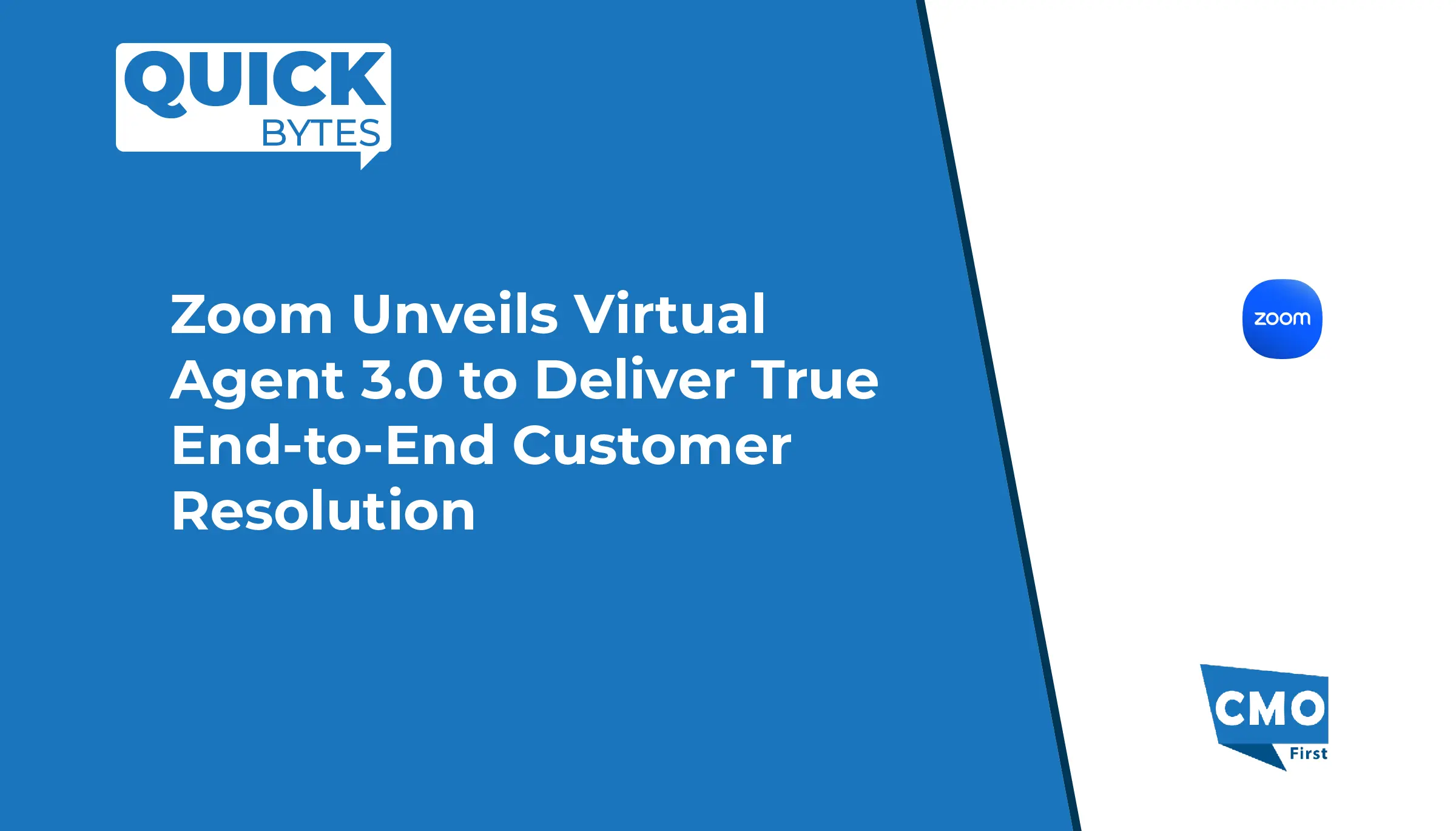



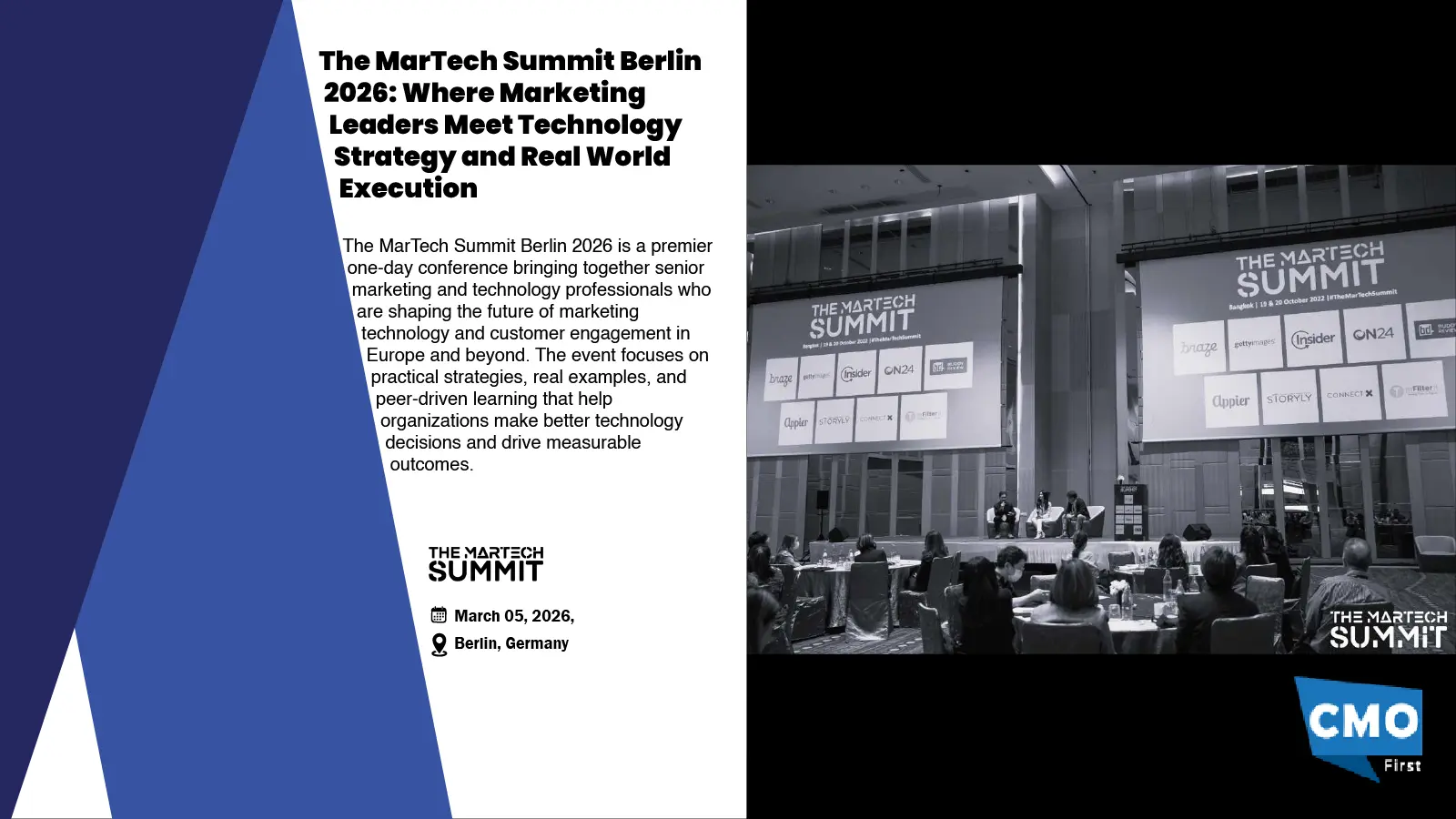

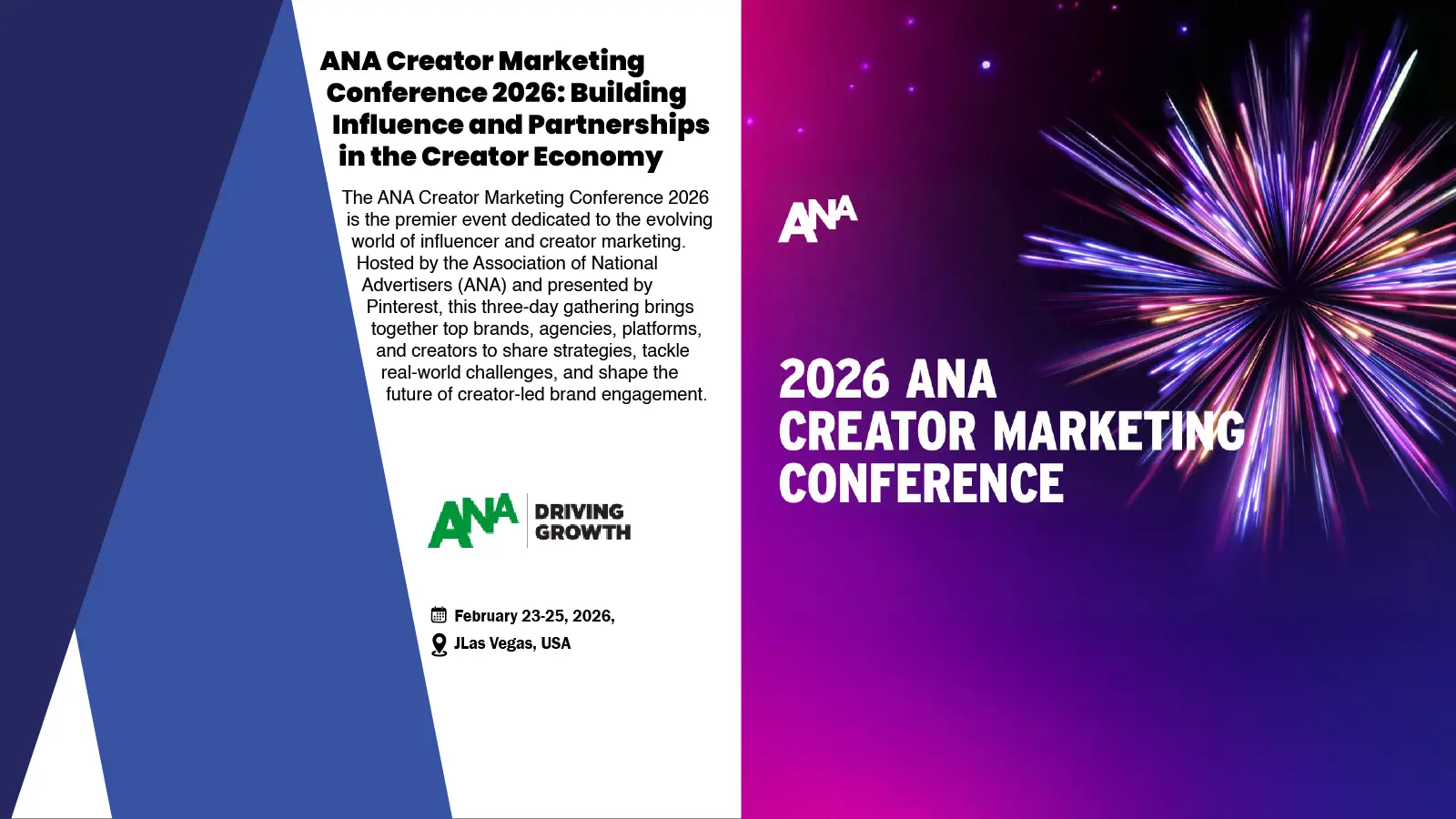
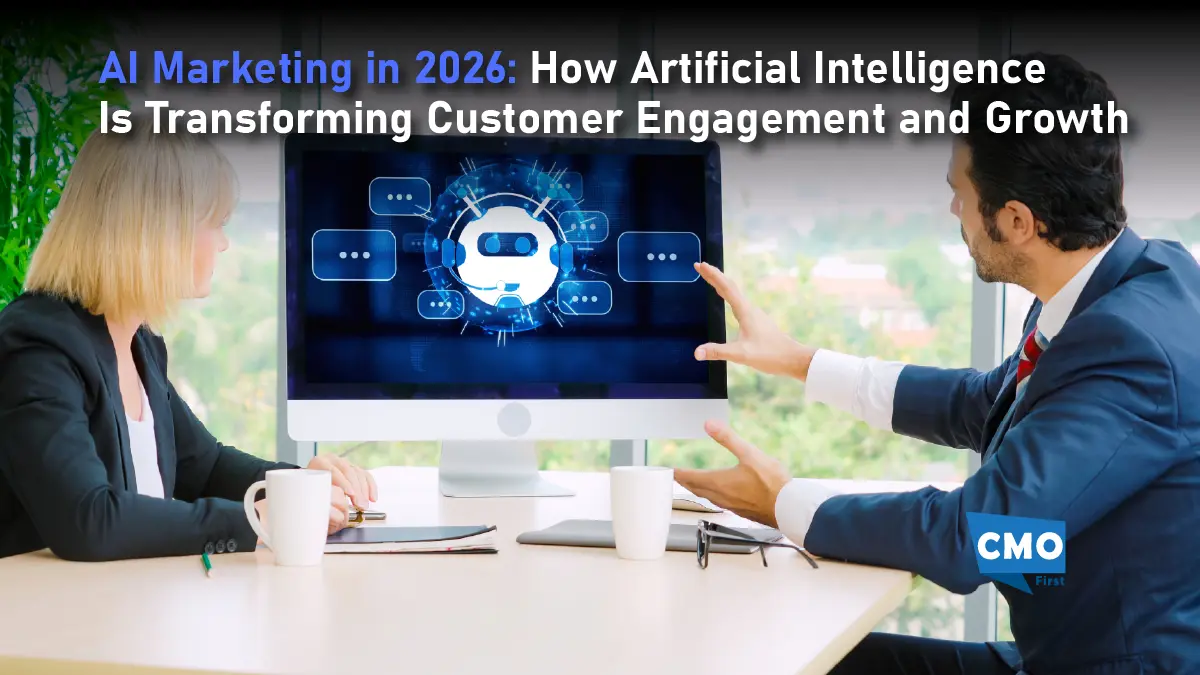
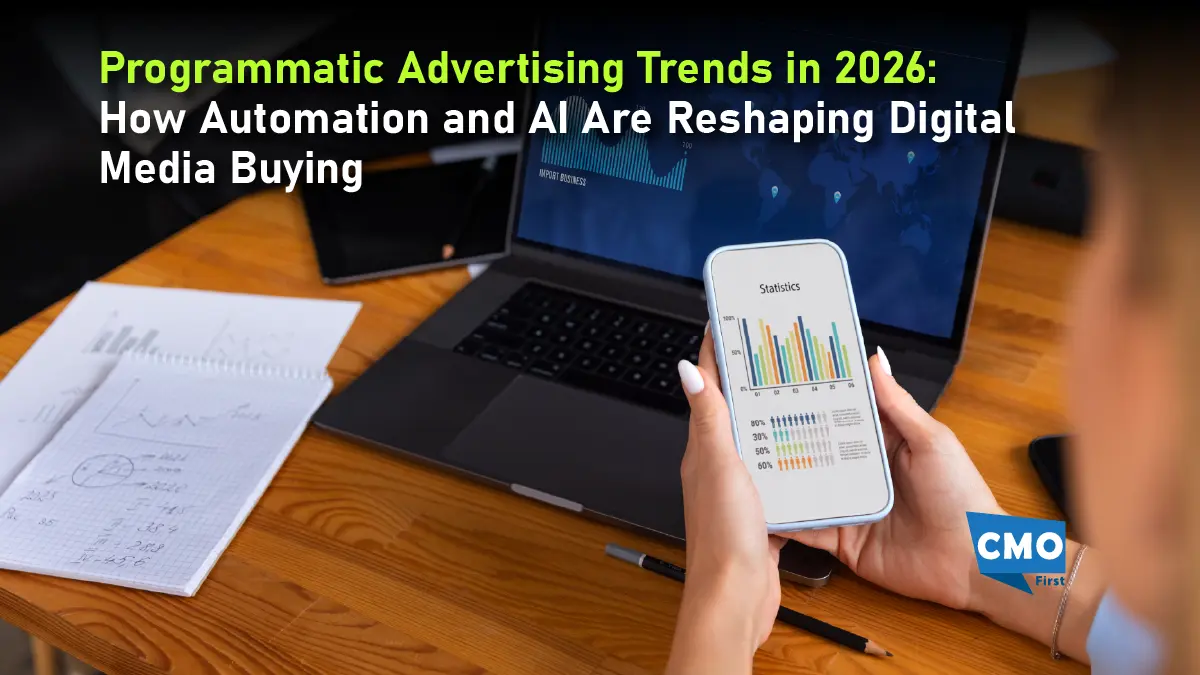







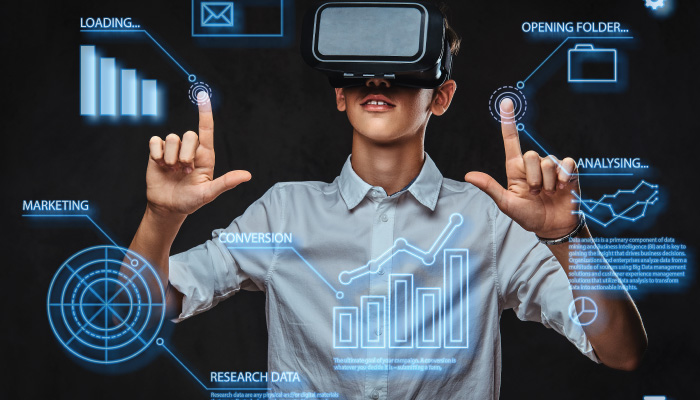
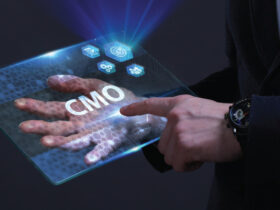

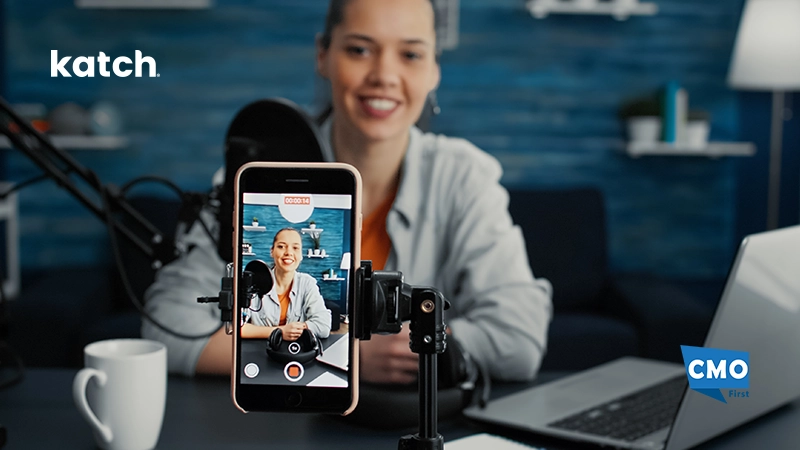

Leave a Reply